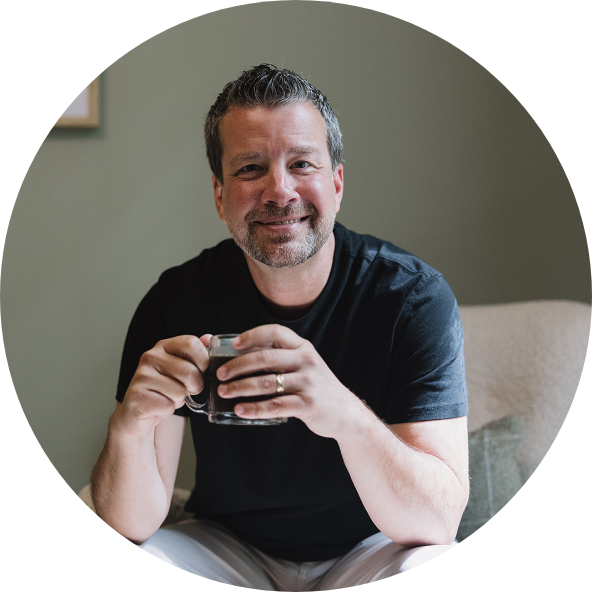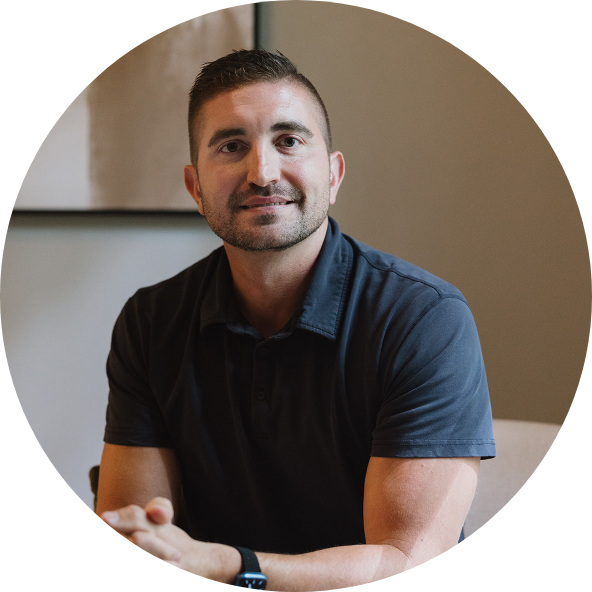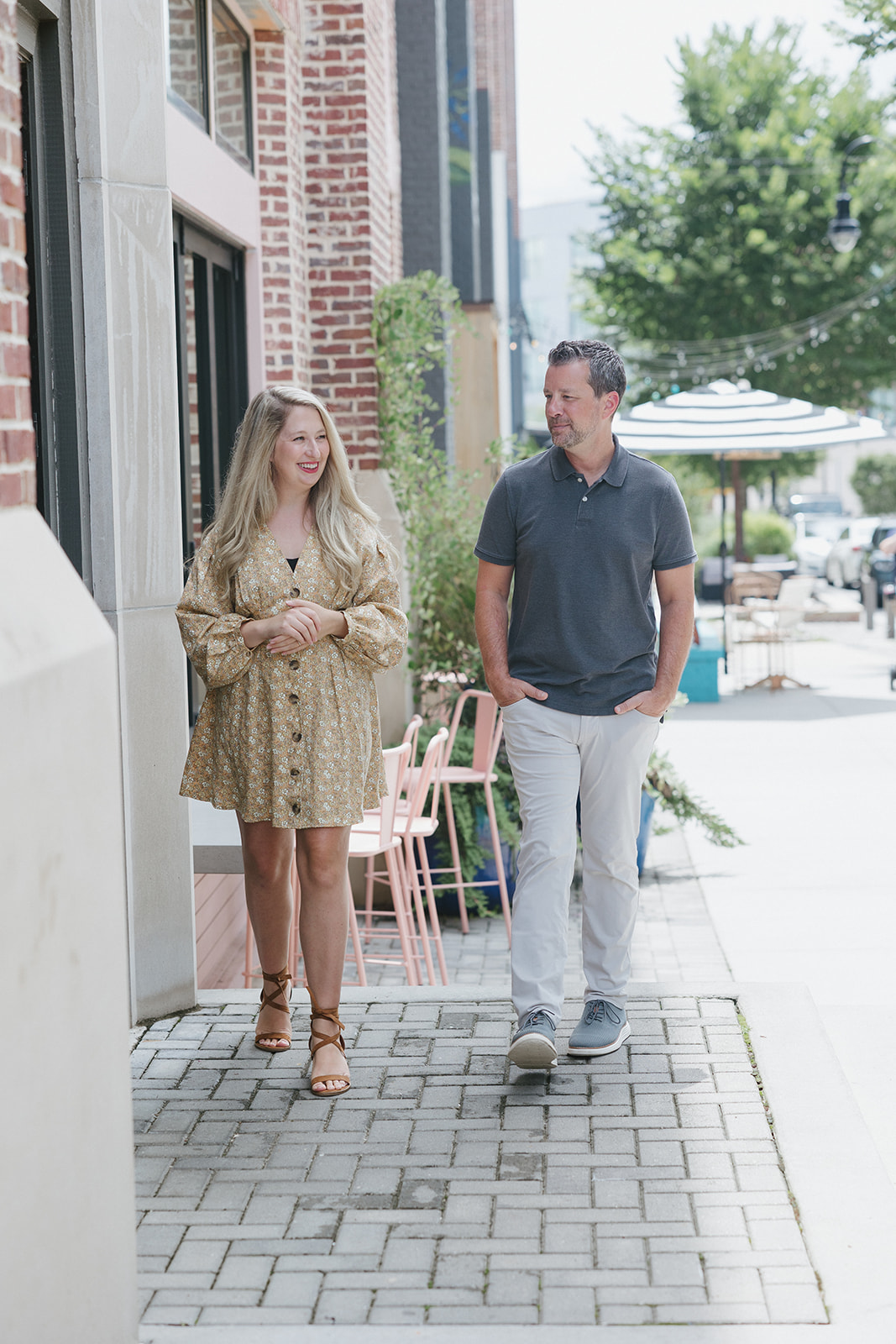by Adam Glendye
Addiction not only impacts the present but often traps individuals to the ghosts of their past. In the pursuit of recovery, one of the most pervasive partners is guilt – the weight of past behaviors and failures that can impede progress. This blog aims to explore the nuanced relationship between addiction recovery and guilt, shedding light on the transformative journey of breaking free from these chains.
Understanding the Guilt Trap: Guilt, an emotional response to one\’s perceived wrongdoing, becomes a heavy burden for those in recovery. Past actions, often fueled by addiction, can haunt individuals, creating a sense of unworthiness and a barrier to moving forward. It\’s crucial to recognize that guilt, though a natural emotion, can be a formidable impediment on the road to recovery.
The Vicious Cycle: Guilt and addiction often create a vicious cycle. Substance use might begin as a way to cope with guilt, but it inevitably leads to more actions that intensify feelings of shame and remorse. Breaking this cycle necessitates a deep exploration of the root causes of guilt and a commitment to addressing these underlying issues.
Acceptance and Forgiveness: The journey to recovery starts with acceptance. Acceptance of the past, acknowledging mistakes, and understanding that guilt, while valid, doesn\’t define one\’s worth. The next crucial step is forgiveness – not only of others but, most importantly, of oneself. This is a process that unfolds gradually, requiring patience, self-compassion, and a commitment to change.
Making Amends: Part of the recovery process involves making amends for past wrongs. This isn\’t just a matter of apologizing to others but actively demonstrating change through consistent, positive actions. Making amends is a powerful tool for transforming guilt into constructive energy, fostering growth, and rebuilding relationships.
Building a Support System: The journey to recovery is not one that should be traveled alone. Building a robust support system is instrumental in navigating the challenges of guilt. Whether through therapy, support groups, or close friends and family, having a network that understands the complexities of addiction can provide both emotional and practical assistance.
Learning from Mistakes: Guilt, when approached with a growth mindset, can serve as a powerful teacher. Rather than dwelling on past mistakes, individuals in recovery can use them as lessons. Understanding the triggers and patterns that led to addictive behaviors empowers individuals to make informed choices and develop healthier coping mechanisms.
Cultivating Self-Compassion: Self-compassion is a beacon in the storm of guilt. It involves treating oneself with the same kindness and understanding one would offer to a friend facing similar struggles. Cultivating self-compassion involves challenging the inner critic, recognizing the humanity in making mistakes, and embracing the potential for change.
Mindfulness and the Present Moment: Guilt often thrives in the past, feeding on regrets, and in the future, projecting anxieties. Mindfulness, the practice of being fully present in the moment, can be a powerful antidote. By focusing on the present, individuals in recovery can break free from the clutches of guilt and channel their energy toward positive, immediate actions.
Embracing a Future Free from Guilt: Recovery is a dynamic, ongoing process, and the path to a future free from the chains of guilt is marked by resilience and commitment. Every small victory, every step forward, is a testament to one\’s strength and capacity for change. It\’s a journey of self-discovery, self-forgiveness, and the gradual dismantling of the barriers that guilt erects.
Addiction recovery is not just about breaking free from substance dependence; it\’s a profound transformation of the self. Guilt can be conquered through acceptance, forgiveness, and a commitment to growth. The journey may be challenging, but it is also a testament to the indomitable spirit of those on the path to recovery. By addressing guilt head-on, individuals pave the way for a future liberated from the shadows of the past, embracing a life rich in possibilities and free from the chains that once bound them.











